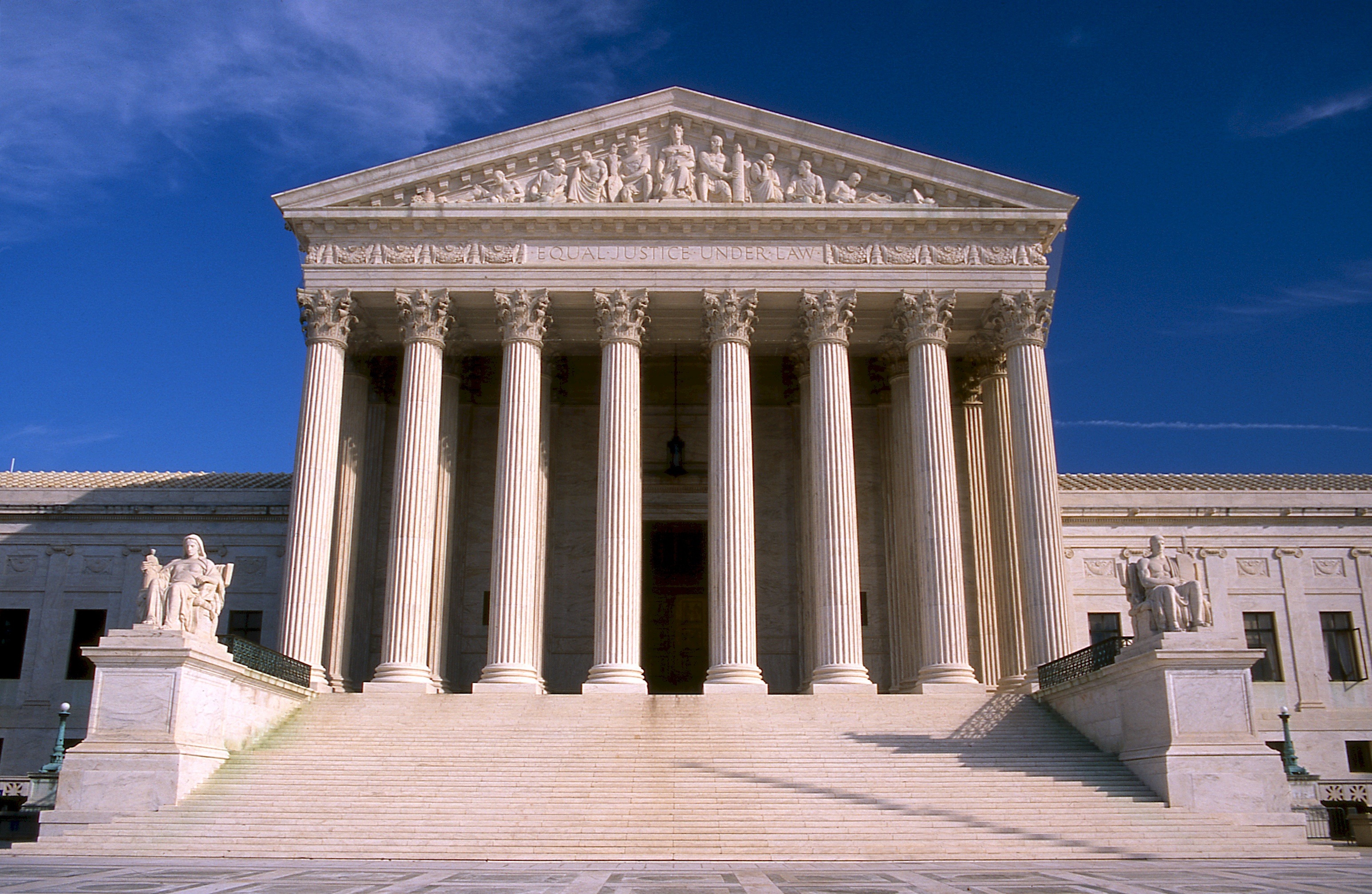 The U.S. Supreme Court could have a new judicial appointment soon, as Congress is in the process of vetting U.S. Circuit Judge Brett Kavanaugh for a spot on the bench. (Photo courtesy of Pixabay)The Supreme Court appears poised to shift to the right if Congress confirms U.S. Circuit Judge Brett Kavanaugh for a position on the highest court. If chosen, some conservatives are hoping Kavanaugh will join other conservative-leaning judges in reversing several landmark court decisions, sending the issues back to the states to decide, says Joseph Mello, an assistant professor of political in the College of Liberal Arts and Social Sciences.
The U.S. Supreme Court could have a new judicial appointment soon, as Congress is in the process of vetting U.S. Circuit Judge Brett Kavanaugh for a spot on the bench. (Photo courtesy of Pixabay)The Supreme Court appears poised to shift to the right if Congress confirms U.S. Circuit Judge Brett Kavanaugh for a position on the highest court. If chosen, some conservatives are hoping Kavanaugh will join other conservative-leaning judges in reversing several landmark court decisions, sending the issues back to the states to decide, says Joseph Mello, an assistant professor of political in the College of Liberal Arts and Social Sciences.
Mello, author of the 2016 book “The Courts, the Ballot Box, and Gay Rights: How our Governing Institutions Shape the Same-Sex Marriage Debate,” has researched law and society, American political thought, and conservative political thought and ideology for more than a decade.
In this Q&A, Mello discusses some of the history behind the Supreme Court, how conservatives planned for years to secure a majority on the court, options to bring the court back to center, and how states’ rights could become important to liberals.
Polling shows that more than half of Americans are in favor of landmark Supreme Court decisions like Roe v. Wade (abortion rights) or Obergefell v. Hodges (same-sex marriage). However, some are talking about these decisions being reversed if there’s a reliably conservative court. Should public opinion influence decisions by the court?
The courts were not intended to be a democratic institution. In “Federalist 78,” Alexander Hamilton talked about how the courts are supposed to be insulated from popular will, because we want them to serve as a check against the impulses of the majority. The people might want something that's bad for democracy and contrary to our core beliefs. So just because something the court does is not popular, doesn't mean it's not the right legal decision.
 Joseph Mello, an assistant professor of political science, has researched law and society, American political thought, and conservative political thought and ideology for more than a decade. (DePaul University/Jeff Carrion)Why does the Supreme Court appear so political? Wasn’t it supposed to be a neutral, third branch of the government free of politics?
Joseph Mello, an assistant professor of political science, has researched law and society, American political thought, and conservative political thought and ideology for more than a decade. (DePaul University/Jeff Carrion)Why does the Supreme Court appear so political? Wasn’t it supposed to be a neutral, third branch of the government free of politics?
As a social scientist, I believe that legal decision-making is very much a subjective exercise, and that judges can find a justification for almost any opinion they want to write. There are multiple ways to interpret our constitutional amendments, all of which are potentially legitimate. Thus, it matters what your politics are. We have this idea that law is an arena of reason, removed from politics. Most legal scholarship suggests this is not the case. Judges are not robots, they are human beings with political and moral beliefs, which necessarily bleed into their decisions.
This is not a new phenomenon. There is no mythical period in U.S. history when the court was apolitical for us to use as a model. The court has been a site of partisan conflict since Thomas Jefferson squared off with Chief Justice Marshall and the Federalists dominated the Supreme Court in the early 1800s. There is a long list of controversial court cases such as Dred Scott v. Sandford (1857), Lochner v. New York (1905), and Korematsu v. United States (1944). All of these decisions were a product of the political climate of their time. I think the court has always been political and we just have failed to realize that at times.
Joseph Mello is among the hundreds of DePaul faculty who offer their expertise to members of the news media through the DePaul Experts Guide. Are you a faculty member interested in speaking with the media? Learn more about the guide in Newsline.